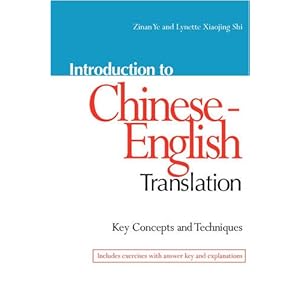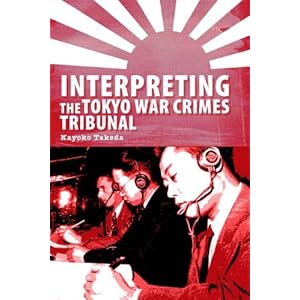
The 9th lecture in the Found In Translation series
When: Tuesday, November 23. 12:15 – 1:45 in McGowan 102
Speaker: Dr. Andrew Murakami-Smith, Associate Professor at the Graduate School of Language and Culture at Osaka University.
After graduating from Claremont McKenna College, Andrew Murakami-Smith worked as a translator in a lawyers office in Tokyo. A Ph.D. in Modern Japanese Literature from Princeton University was followed by a year and a half translating in-house for a patent lawyer in Osaka. Currently an Associate Professor at the Graduate School of Language and Culture at Osaka University, he teaches English to Japanese undergrads, a course in modern Japanese Literature in English translation to international students, and an introductory course on translation to graduate students. His Ph.D. dissertation focused on Japanese dialects (regional varieties) in modern literary works, and he has a continuing interest in regional dialects and cultures in Japan, especially the dialect, culture, and image of Osaka.
Lecture Title: Translating Culture: The Case of Regional Culture in Japan
In literary translation, written representation of local dialects (regional varieties) in characters speech, like humor, may be something that is lost in translation. However, just as translators of Lewis Carroll cannot ignore the untranslatable bits of humor and wordplay, translators of Huckleberry Finn, for example, must somehow attempt to translate local dialects. What are some strategies that might be used? And what of other bits of local color? References to a specific region may include geographical names, names of restaurants and shops, local dishes, cultural practices or concepts, and (stereo)typical temperaments and personalities.
 Photo: New York Public Library
Photo: New York Public Library
In Japanese Literature, works set in or relating to Osaka may include (written representation of) local dialect and all or some of the above local color. What strategies have been used by translators of such works into English? Have they had some idea of translation of culture in mind as they translated the words and sentences of the source texts? Attempting a richer translation of the nuances of local color and regional culture will admittedly result in a foreignizing translation that will place a greater burden on the reader of the target text. On the other hand, what are some benefits that might justify such an attempt? These are some of the questions this talk will investigate, with specific examples of Osaka literary works and attempts at English translation.








